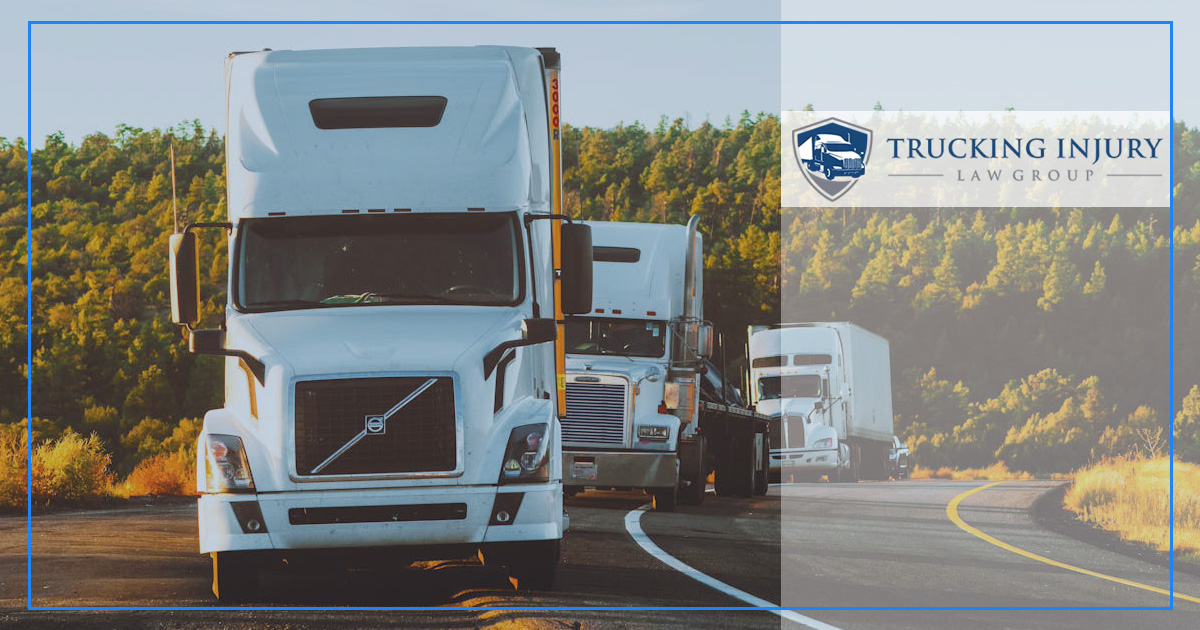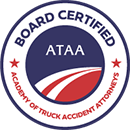Are Trucking Companies Required to Install Dash Cams in Their Fleet Vehicles?

As it stands, there are no laws requiring fleet vehicles to have dash cams installed. However, there are laws that specify where a dash cam can be mounted. For instance, in Nevada, dash cameras can only be mounted in the bottom corner on the right side of the dash or windshield. In Washington, it is illegal to put the camera on the windshield. However, the more significant issue that fleet carriers must contend with is the issue of privacy as it relates to their drivers.
Risk Management Systems
The dash cams utilized by trucking companies are referred to as driver risk management systems. They consist of dual cameras, one forward-facing and one focused on the driver. They can capture video and audio in real-time. They also deploy GPS technology to record the truck’s location. These systems also have an infrared function that allows for recording at night.
These systems alert carriers in real time about any risky driving event, such as fast lane changes or short stopping. They can also be programmed to alert the driver if there are signs of being overly tired, such as drooping head motions.
Dash Cam Privacy Concerns
A dash cam can be pointed out to the road ahead or to the inside of the driver. Many rideshare drivers use dash cams for their safety and protection. Truck drivers have voiced concerns over having cameras surveillance in a truck that they also use to sleep and live on the road. They argue it is no different than putting cameras in a home. There are also consent laws that come into play.
Each state has different laws regarding recording audio or video. For example, getting the truck drivers’ written permission to record their work hours might be necessary. In that regard, it would be no different from surveillance cameras set up in a retail store or office.
Benefits of Driver-Facing Cameras
Driver-facing dash cameras can work for or against a truck driver. They will clearly demonstrate whether the driver was distracted, drowsy, or using a smartphone at the moment of an accident. Having those active cameras can also put the drivers on alert. In other words, if they know they’re being watched, they are less likely to engage in bad driving habits that could lead to an accident.
Dash cams can also help trucking companies train new truckers. In addition to monitoring their driving skills, carriers can show previous footage of the new drivers to point out the right and wrong ways of driving. A trucking company can also use dash cam footage to promote safe driving programs, which can further encourage good practices behind the wheel of their fleet drivers.
Because of the potential for reducing accidents, companies that install dash cams in their fleets could have lower insurance premium rates. The footage is proof of good driving habits that insurance carriers reward for drivers, and it could mean significant savings for the trucking company. That can also apply to self-employed drivers who install their own systems.
Video Evidence
The footage from a dash cam can be admitted as evidence in an insurance claim or civil lawsuit. That works for or against the truck driver. The Trucking Injury Law Group has years of experience utilizing this type of evidence on behalf of their clients. It can offer definitive proof of the conditions that led to an accident. This evidence is not something that can be deleted or ignored.
If you’ve been involved in an accident with a semi-truck, you’ll want to get the right advice on the best way to proceed. The Trucking Injury Law Group can provide that support.





